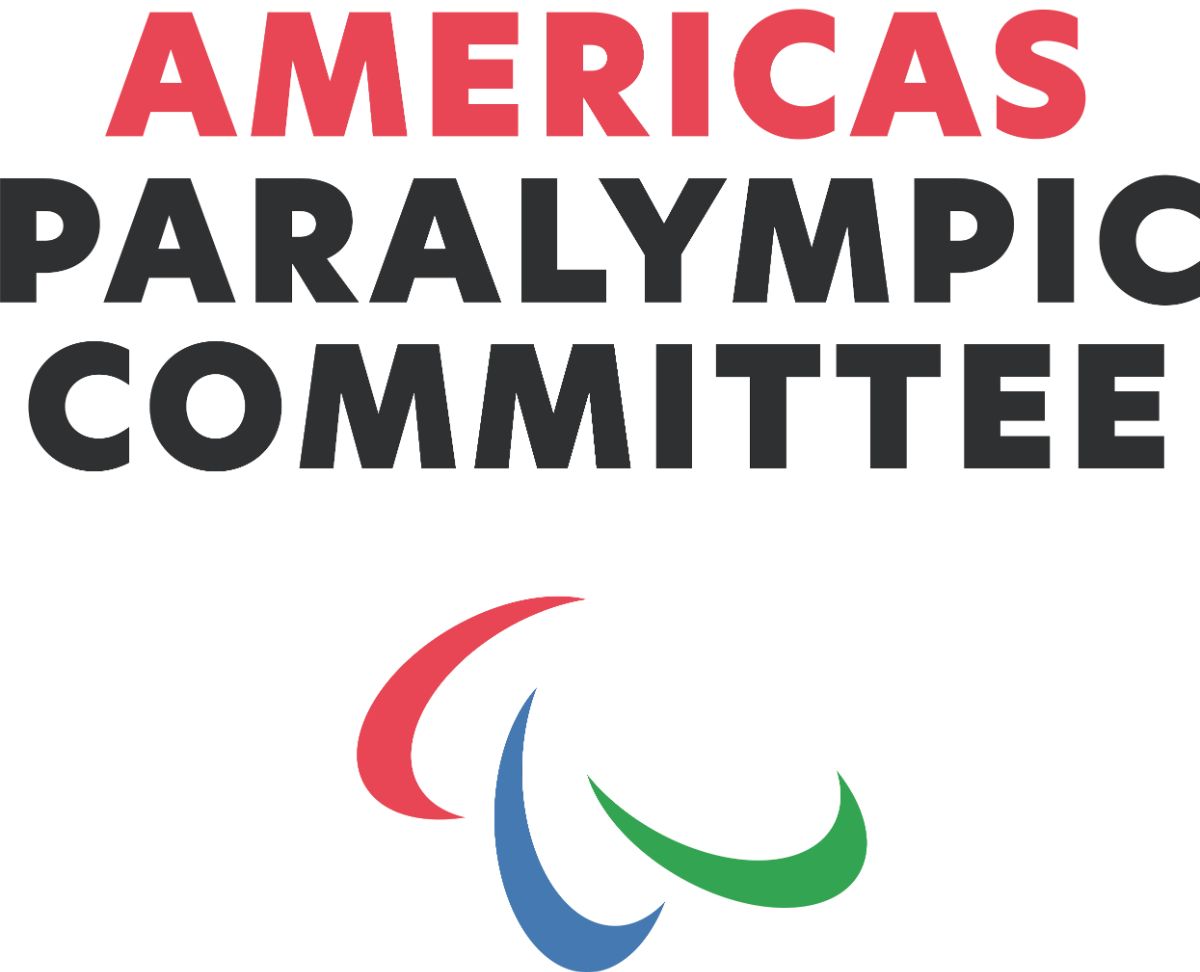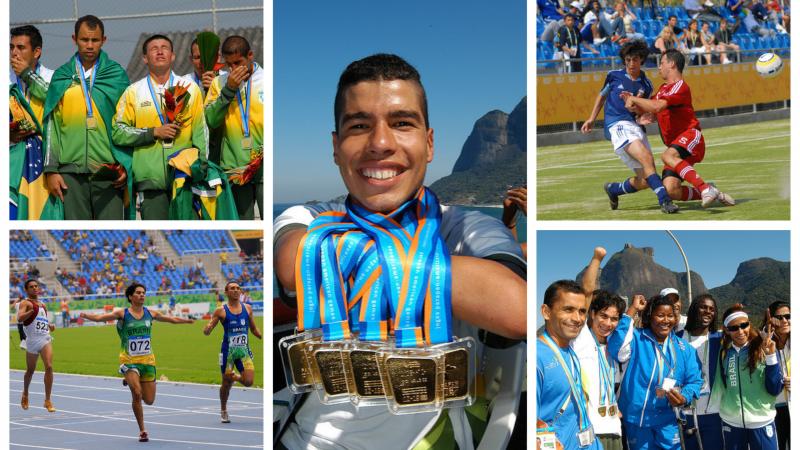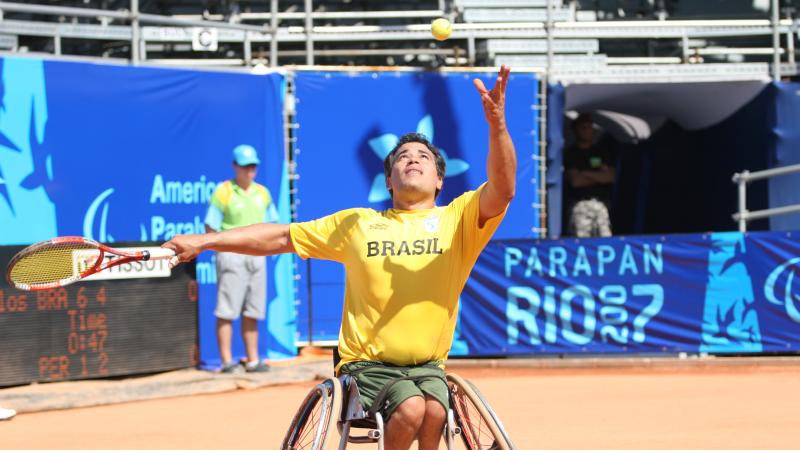Rio 2007 Parapan American Games
Although the first edition of the Parapan American Games was held in Mexico City in 1999, it was not until 2007 that they were staged in the same city as the Pan American Games, following the Olympic/Paralympic model. The Parapans took place shortly after the conclusion of the Pan American Games.
Organised by CO-Rio in partnership with the Brazilian Paralympic Committee, the 2007 Games were held in Rio de Janeiro, Brazil, between 12-19 August.
From the start, the Organising Committee vowed that the Games would be handled in the same way as the Pan American Games, making the event an opportunity to promote and value Paralympic sport across the Americas.
The Games featured a record 1,115 athletes and thanks to the waiving of the entry fee for National Paralympic Committees, a record 25 countries took part.
The 10 sports that were included in the Games each had a qualification criteria. This ensured a high level of competition, made each of the events more attractive for athletes and expanded their recognition within the international community.
For many athletes, the Games were an opportunity to be classified, face their main opponents, compete in newly built top-class facilities and be involved in a large-scale sporting event.
Excellent sporting performances resulted in 26 world and 73 Parapan American records.
Hosts Brazil topped the medals table claiming 228 podium places, including 83 gold medals. Canada and USA completed the top three.
Spectators were able to watch the sports free of charge and around 280,000 turned out in force. Football 5-a-side, wheelchair basketball, swimming and athletics drew big crowds.
A total of 5,000 volunteers helped deliver the Games, including a number with an impairment.
Ahead of the Games, the first ever Parapan American Torch Relay took place on 11 August, the day before the Opening Ceremony. It took in a 20km route and involved many stakeholders.
Accommodation was provided in the same village that hosted the Pan American Games athletes. Therefore, the venues were arranged to meet the accessibility needs of the athletes and teams.
The Games provided a significant breakthrough for the growth of the Paralympic Movement in the Americas and also for the city of Rio.
The stunning success of the Games helped Rio successfully bid for the 2016 Olympic and Paralympic Games and Brazil win the right to stage the 2014 FIFA World Cup.

 Facebook
Facebook
 Instagram
Instagram
 Twitter
Twitter
 Youtube
Youtube
 TikTok
TikTok
 Newsletter Subscribe
Newsletter Subscribe






